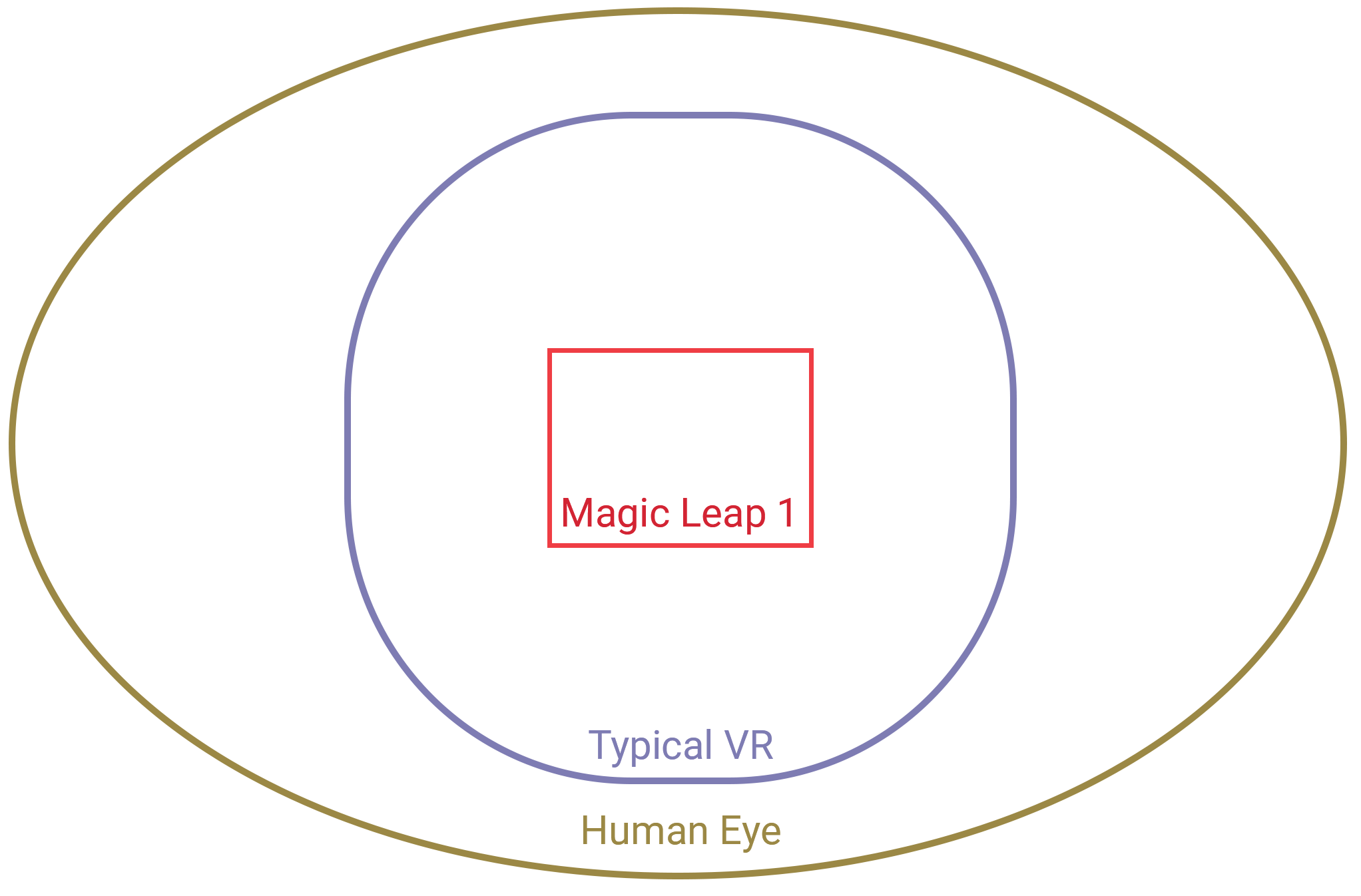The Magic Leap 1 AR headset will "discontinue operation" on December 31, 2024, the company announced.
Magic Leap sent an email to all customers containing the following:
Therefore, we are announcing an end-of-life date for Magic Leap 1 of December 31, 2024. As of now, Magic Leap 1 is no longer available for purchase, but support will continue until December 31, 2024, including the following:
• System Updates: Magic Leap will only address outages that affect core functionality (as determined by Magic Leap) until December 31, 2024.
• Customer support will continue to provide Magic Leap 1 product troubleshooting support through December 31, 2024.
• Warranty: Magic Leap will continue to be subject to valid warranty claims under the Magic Leap 1 Warranty Policy, which can be viewed here.
• Cloud services: On December 31, 2024, Magic Leap 1's cloud services will cease to be available, core functions will reach the end of their life cycle, and Magic Leap 1 devices and applications will cease to operate.
Launched in mid-2018, Magic Leap 1 is the first transparent AR helmet sold to consumers. The helmet is powered by a computing device that attaches to the waist and features a tracking handle, but later also offers gesture tracking support.
The device's content includes a virtual human chat, a floating web browser, the Wayfair app to see how furniture will look in your room, made by Insomniac Gamestwogameand Spotify background app.
However, the Magic Leap 1's high $2,300 price and limitations of clear optics (even today) meant its sales were significantly lower than expected. Compared to the opaque display systems of VR-style headsets, transparent AR has a smaller field of view and is more expensive. And the Magic Leap 1's form factor is not suitable for outdoor use, so it cannot provide the outdoor functions promised by AR glasses, such as walking navigation, translation and environmental information.

The Information reports that the then-Magic Leap founder and CEO initially expected to sell more than 1 million units in the first year. In fact, it was reported that only 6,000 units were sold in the first six months.
Microsoft, on the other hand, took a more enterprise-focused approach with its HoloLens headset, which reportedly sold about 50,000 units in its first two years.reported that, about 16 months after launch, Magic Leap has also turned to the enterprise market and launched a new $3,000 bundle with enterprise warranty and support.
The company is now entirely focused on the enterprise market. Magic Leap 2 launched less than a year ago for $3,300, surpassing the Hololens 2 with a higher field of view, a brighter display and advanced dynamic dimming technology. The home AR vision demonstrated by the original Magic Leap 1 will soon return in opaque headsets with high-resolution color cameras, such as the Meta Quest 3 and Apple Vision Pro.





